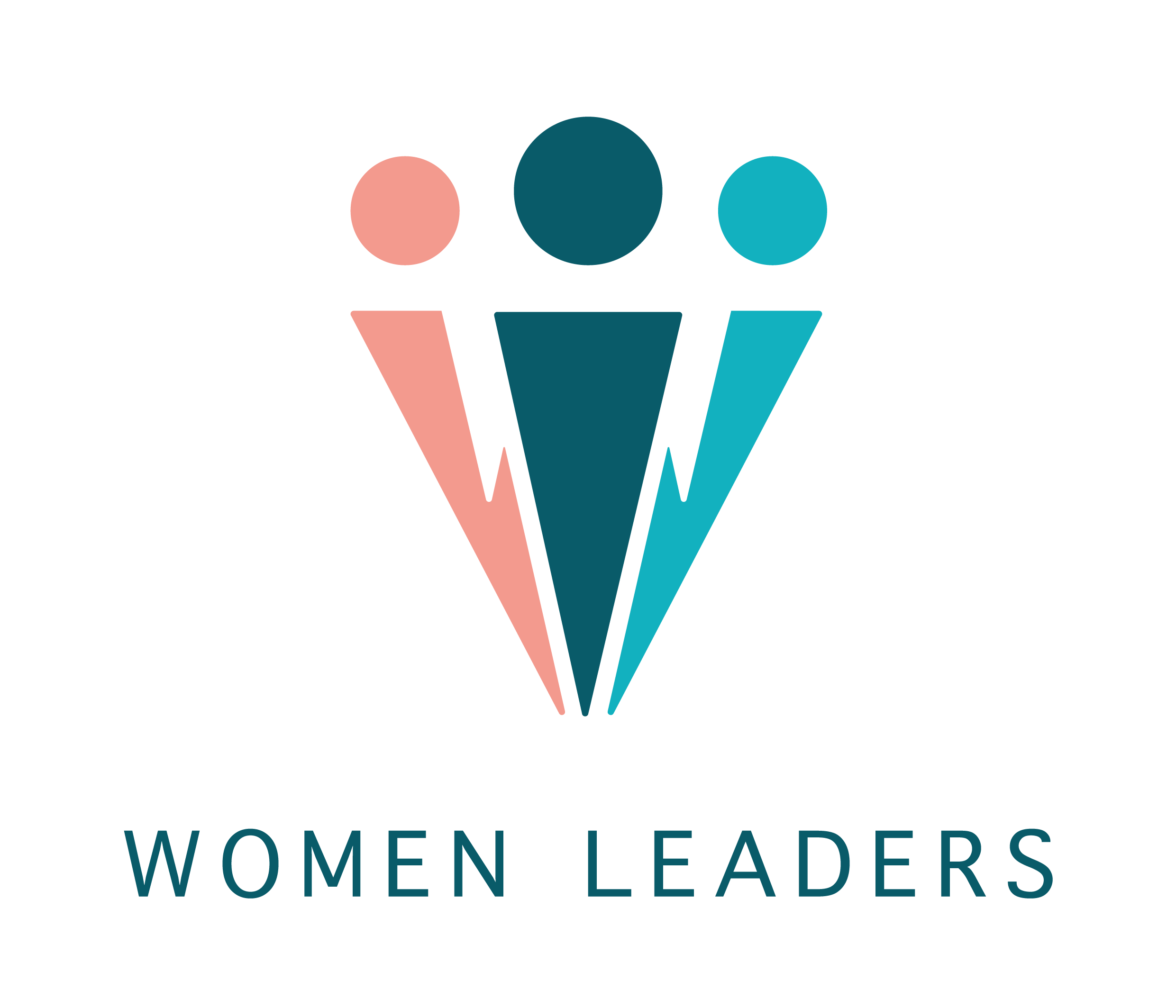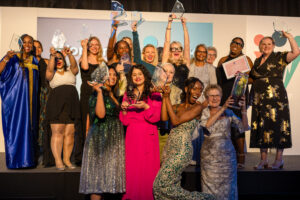The Importance of Allyship
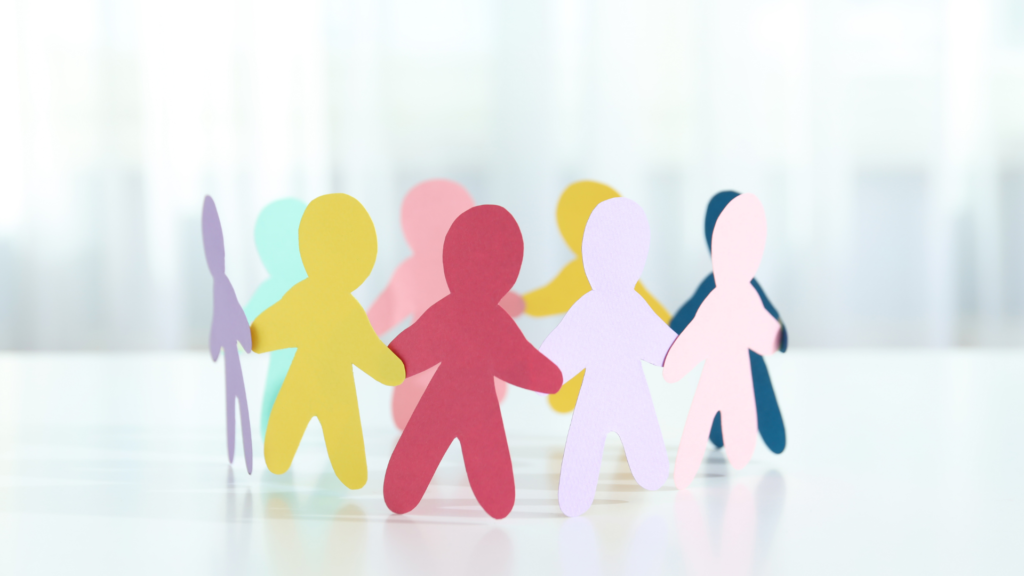
Hiran is an Equality, Diversity, and Inclusion strategist and leader, she is passionate about creating the foundation to facilitate culture change and embedding EDI into policy and practice. Hiran is the Head of Equality, Diversity, and Inclusion (EDI) at Mercedes-AMG PETRONAS Formula One Team and a valued member of the Women Leaders board of trustees.
As a woman working in the Diversity and Inclusion space for over 20 years, the term ‘Allyship’ is one that I have used for many years, in training workshops, policies, and conversations with colleagues at all levels.
So it is interesting that the term has been increasingly used by individuals and organisations across the world. It has almost become a ‘buzzword’ – particularly following the #MeToo and Black Lives Matter movements, and the inequalities highlighted by the COVID-19 pandemic.
I am sure that the majority of people who talk about their actions as allies have completely honourable intentions, but it is important to understand what a true ally is, how to become one, and the significance of doing it right for lasting meaningful and sustainable change.
Allyship should not be seen as a buzzword or passing phase (not to me, anyway!). An ally is often defined as ‘someone who is not a member of a marginalised group but wants to support and take action to help others in that group‘.
Note: when I talk about allies, I mean it in the broadest sense, but I recognise that there are people who are allies for specific areas including gender, race, ethnicity, and LGBTQ+.
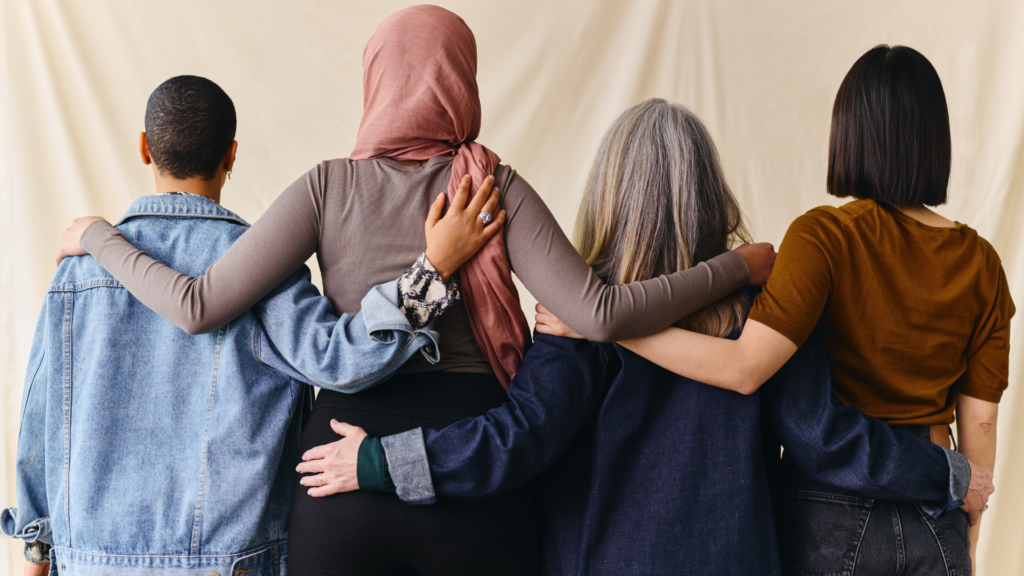
Growing up in the 70’s and 80’s in a small town in Northamptonshire I was often the only person from an ethnic minority background – in the classroom, in my social circles, and at birthday parties but to name a few examples. I didn’t realise it at the time, but I had a great group of ‘allies’ around me who could have made the difference between me having a great childhood where I truly felt included and an awful one where I could have felt alienated.
When I was confronted by the rare occasion where someone would mock my colour, name, ethnicity, the fact that my mum wore a sari, or whatever insult it was on that particular day, I didn’t have to feel alone and marginalised. That’s because I had my friends, who didn’t even realise they were allies, speaking up for me. They did this not because they had to, but because of the genuine loyalty
and trust that underpinned our friendships.
Fast forward to the present and it makes me realise just how important allyship was for me – not just growing up, but also today as a Diversity & Inclusion professional in the workplace.
Anyone can be an ally, both in and out of the workplace. Whether you’re an employee, team leader, manager, or director – you can be an ally for those around you and amplify the voices of marginalised or under-represented groups.
Inclusion is important to organisations as it helps people to feel valued, respected, and have a sense of belonging, but that isn’t enough. We also need equityto ensure that structural inequalities and barriers are removed.
Allyship is a major part of what helps organisations move towards true equity – by working together with people from marginalised groups to remove the barriers/structural inequalities and create truly inclusive cultures.
People often ask me how they can become good allies and there are some steps that I advise them to take before they jump in and take action without thinking it through.
Step one – It is important to learn from people from marginalised groups or those who are different from you. Listening to the stories of others’ lived experiences and how they may have been excluded or marginalised in communities or society can be powerful. Listening without judgment or trying to understand why things have happened is essential. This can be difficult to hear and often upsetting for many, as things could have happened under your watch, or even by you inadvertently, without you necessarily being aware, but this is all about the journey of discovery.
Step two – Build authentic relationships and trust with those from the groups that you want that you want to support as an ally. It is important to ‘show up and speak up’. It is OK to ask questions and be inquisitive, as long as you do this respectfully and out of curiosity to understand more.
Step three – Once you gained the trust and understanding, use your privilege and power to advocate and amplify the voices of marginalised groups. To do this effectively, you need to have some ‘skin in the game’; what are you willing to do and say to be an ally? This may be uncomfortable at times and may involve challenging practices, structures, and policies that you initiated or conformed to, but you cannot create true change and remove barriers without these moments. Remember, you are doing this for the greater good, not to ‘fix others’ or make yourself feel good.
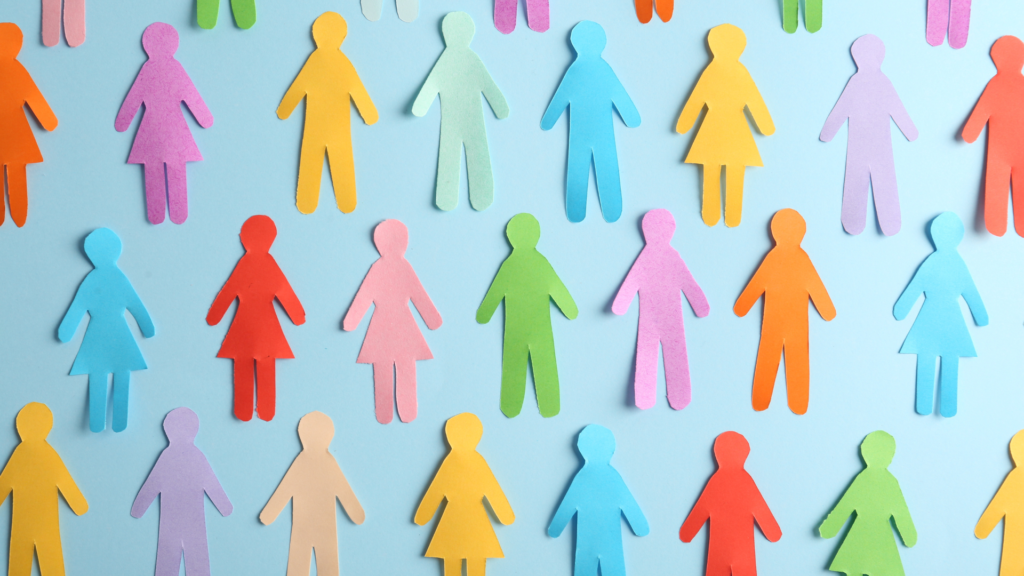
It is important to acknowledge the difference between ‘performative allyship’ where people make superficial or token gestures in the name of allyship e.g. liking or disliking posts on diversity issues on social media; making a corporate statement to stand in solidarity with a particular cause without checking in and consulting with that group; sharing links to articles that you haven’t read or don’t understand; wearing a pin or badge to show allyship without any additional words or actions.
Allyship often starts with performative actions when people aren’t sure what else to do. However, with further education and actively listening to others, true allies move on to take considered and thoughtful actions, proactively advocating and working alongside marginalised or underrepresented communities for a shared common goal driven which is solely by the cause. At its best, true allyship can create impactful change that helps to remove barriers and enable progress, so that no group is left behind in the workplace or wider society.
Written by Hiran Odedra
